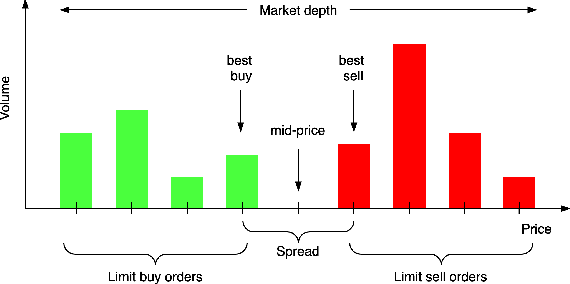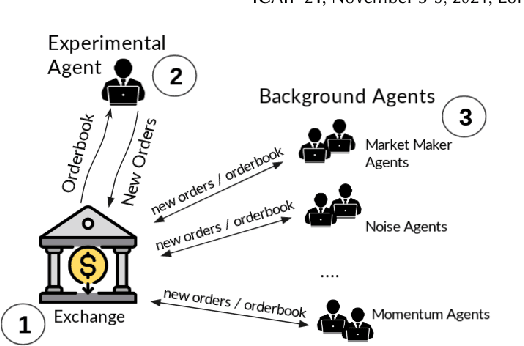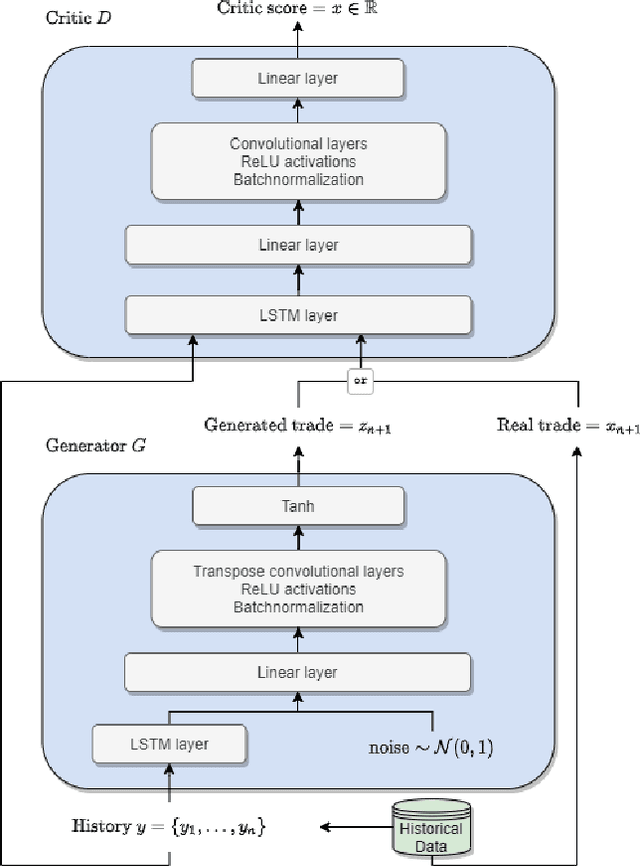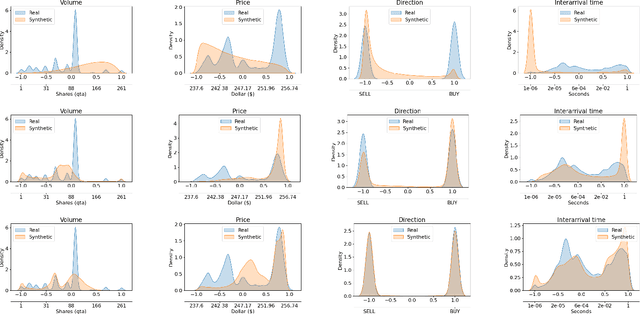Novella Bartolini
Robust Causal Discovery in Real-World Time Series with Power-Laws
Jul 16, 2025Abstract:Exploring causal relationships in stochastic time series is a challenging yet crucial task with a vast range of applications, including finance, economics, neuroscience, and climate science. Many algorithms for Causal Discovery (CD) have been proposed, but they often exhibit a high sensitivity to noise, resulting in misleading causal inferences when applied to real data. In this paper, we observe that the frequency spectra of typical real-world time series follow a power-law distribution, notably due to an inherent self-organizing behavior. Leveraging this insight, we build a robust CD method based on the extraction of power -law spectral features that amplify genuine causal signals. Our method consistently outperforms state-of-the-art alternatives on both synthetic benchmarks and real-world datasets with known causal structures, demonstrating its robustness and practical relevance.
Towards Realistic Market Simulations: a Generative Adversarial Networks Approach
Oct 25, 2021



Abstract:Simulated environments are increasingly used by trading firms and investment banks to evaluate trading strategies before approaching real markets. Backtesting, a widely used approach, consists of simulating experimental strategies while replaying historical market scenarios. Unfortunately, this approach does not capture the market response to the experimental agents' actions. In contrast, multi-agent simulation presents a natural bottom-up approach to emulating agent interaction in financial markets. It allows to set up pools of traders with diverse strategies to mimic the financial market trader population, and test the performance of new experimental strategies. Since individual agent-level historical data is typically proprietary and not available for public use, it is difficult to calibrate multiple market agents to obtain the realism required for testing trading strategies. To addresses this challenge we propose a synthetic market generator based on Conditional Generative Adversarial Networks (CGANs) trained on real aggregate-level historical data. A CGAN-based "world" agent can generate meaningful orders in response to an experimental agent. We integrate our synthetic market generator into ABIDES, an open source simulator of financial markets. By means of extensive simulations we show that our proposal outperforms previous work in terms of stylized facts reflecting market responsiveness and realism.
 Add to Chrome
Add to Chrome Add to Firefox
Add to Firefox Add to Edge
Add to Edge